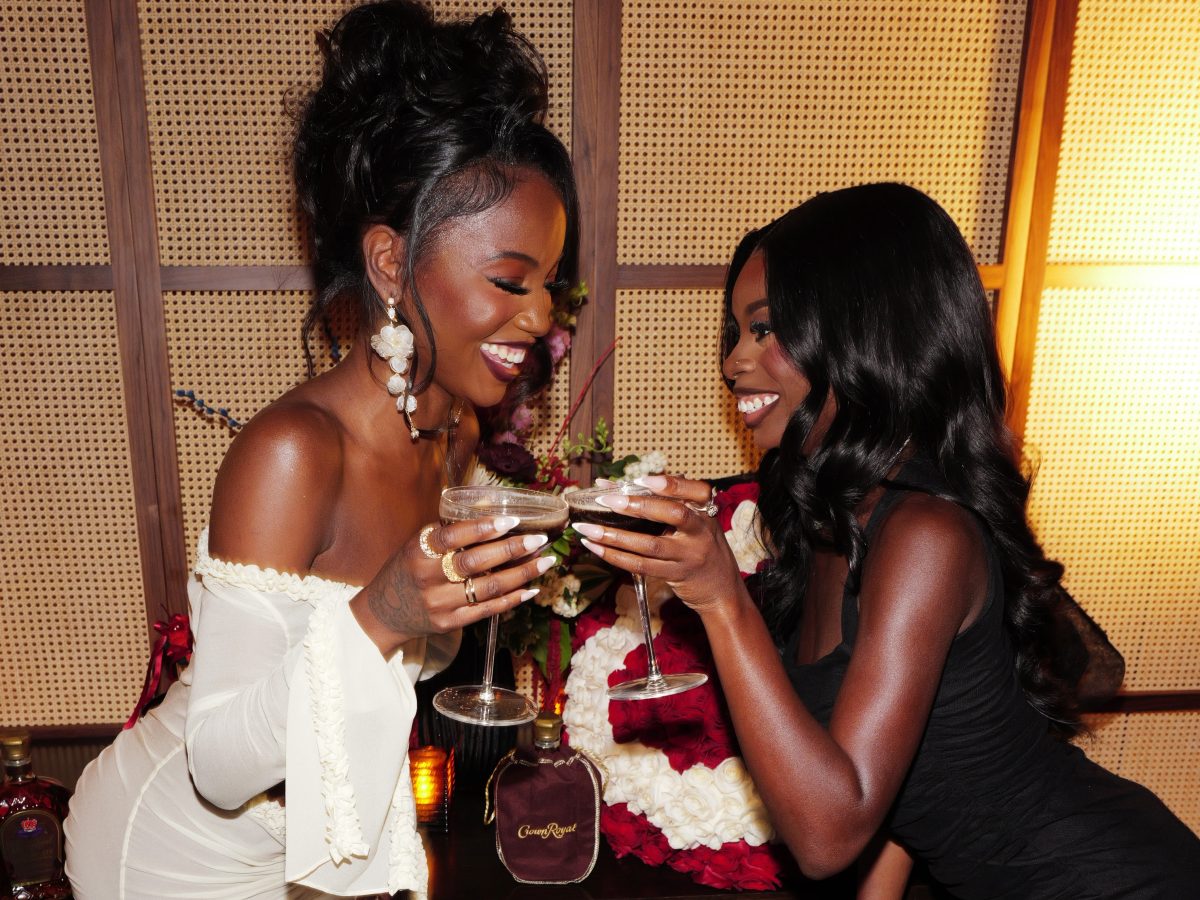
This summer has underscored the urgent need to unite and raise our voices about the challenges Black women face in relationships, on reality television, and in society at large. Fans of Love Island will remember JaNa Craig, one of America’s sweethearts and a standout from Season 6. After she and Kenny Rodriguez confirmed their breakup last month, it became clear just how much JaNa endured during their relationship.
In the aftermath, many unfollowed Kenny, 25, while JaNa’s close friends Serena Page and Leah Kateb—her co-stars turned best friends and symbols of true sisterhood—publicly rallied around her. Several castmates and supporters also accused Kenny of racist behavior, including her close friend Charmane Smith, who made the claim in a now-deleted Instagram post.
One post read: “If you have access, go thru your man’s phone TODAY…. Search keywords like ‘I don’t like Black women, I thought I would get more money from this, I’m faking this relationship, going on the show would be for clout, I can’t wait to be done with this so I can f— hella b——.’”
Their breakup highlights a bigger issue: the ongoing mistreatment of Black women through racism, microaggressions, and harmful narratives. On reality television especially, Black women have often seen their stories minimized, reframed, or misrepresented through casting choices and editing tactics.
Keke Palmer recently added fuel to this conversation on her podcast Baby, This Is Keke Palmer, featuring Love Island Season 7’s Chelley and Olandria. Together, they unpacked the microaggressions Black women endure on television and how these biases impact the next generation of Black and minority women. Keke emphasized that the criticisms often stem from anti-Blackness, leaving many women conflicted about how to exist authentically. Chelley offered a reminder to future contestants: “Stick to who you are. Have confidence in yourself and don’t let anyone tell you otherwise.”
As new seasons of fan-favorite reality shows premiere, social media buzzes with discourse. But beneath the entertainment lies dysfunction in how viewers—and even castmates—perceive Black women. The treatment of contestants on Love Island Season 7 illustrates this clearly.
Early in the season, fans were divided over whether Huda Mustafa was the victim or the problem in her relationship with Jeremiah Brown. Some nicknamed her “Hurricane Huda,” while others defended her as genuine and authentic. Castmates often gave her grace, and in interviews like Call Her Daddy, Huda acknowledged that both she and Jeremiah had faults. Still, in her Entertainment Tonight interview, she admitted, “I feel I was bullied a lot in the Villa… I realized I should have trusted my intuition because I was right in many scenarios.”
Editing likely played a role here. Like many reality shows, Love Island producers have a history of reshaping storylines to favor certain cast members. Even reunion host Andy Cohen admitted struggling to find clear bullying moments against Huda in aired footage.
Yet while Huda was praised for her authenticity—even by Ariana Madix, who called her “an enigma wrapped in a hurricane”—Chelley and Olandria faced hostility for showing the same rawness. Instead of being celebrated, they were labeled aggressive, delusional, or “mean girls.”
At the reunion, Olandria confronted Huda for not publicly defending her when she received racist attacks, including a graphic image editing her face onto George Floyd’s body. While Huda admitted she should have spoken up, she also deflected by highlighting her own experiences with racism. This missed moment underscored the silence too often surrounding the mistreatment of Black women on these platforms.
The deeper question remains: Why are Black women so often vilified for being direct, opinionated, and confident in their worth? Olandria and Chelley’s willingness to express themselves became ammunition for public criticism, while similar behavior from others was excused or even praised.
This double standard surfaced again when Coco Watson, guesting on the Behind The Likes podcast, described Olandria’s romantic pursuits as “delusional.” Later, Olandria challenged her on the reunion stage, sparking a wider conversation: Why is it acceptable to belittle women instead of affirming their humanity? Coco ultimately acknowledged the harm and shifted the focus to celebrating character over conflict.
Reality television has repeatedly shown us how quickly Black women are scrutinized, vilified, or reduced to stereotypes. It is unacceptable that their expressiveness and passion are weaponized against them, while others are allowed grace. The accountability should be equal—on and off screen.
As Amaya Papaya powerfully reminds us, we must “stand ten toes down not one toe missing” in support of Black women who bravely show their vulnerability. Their openness should be honored, not demonized.